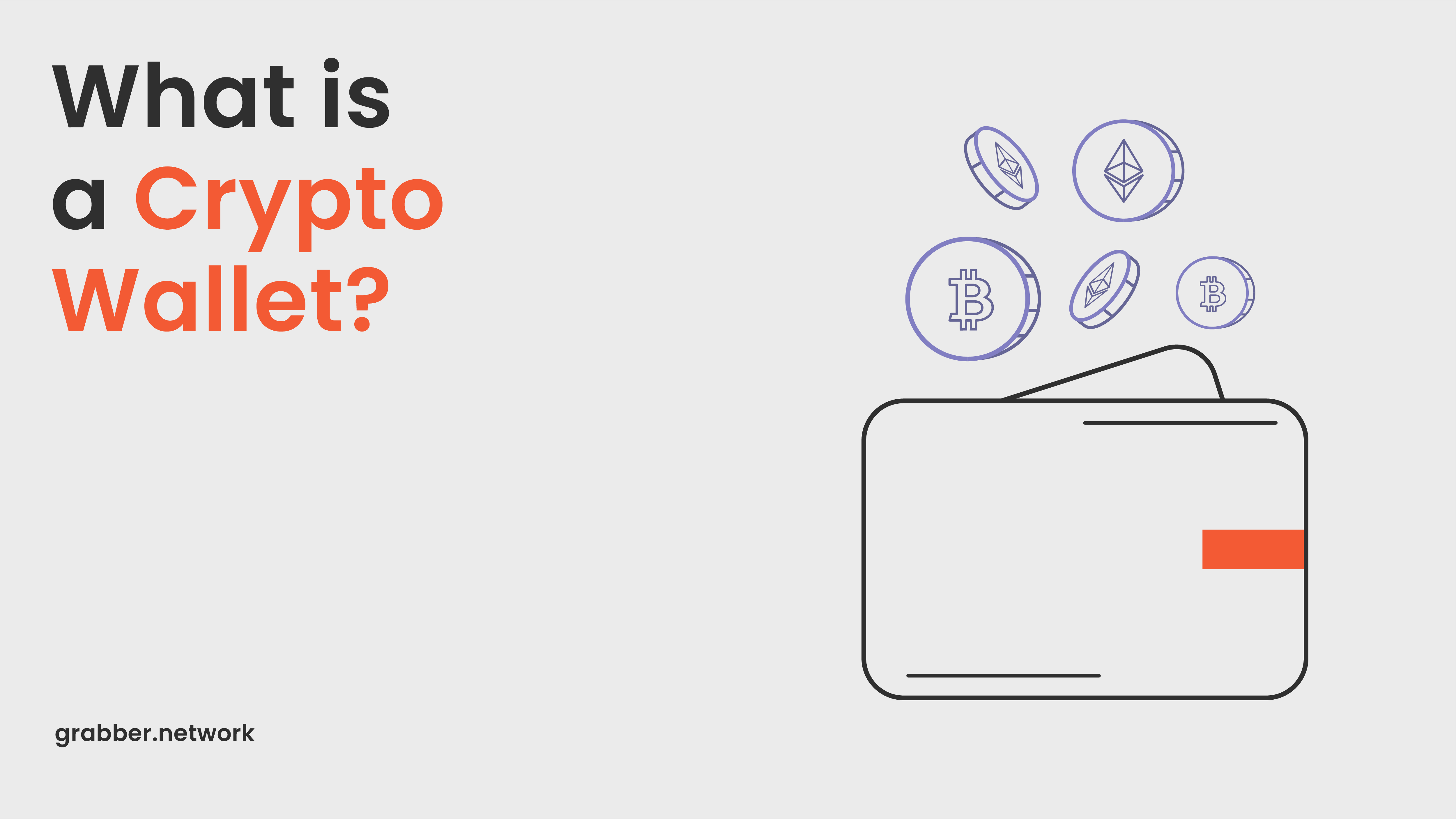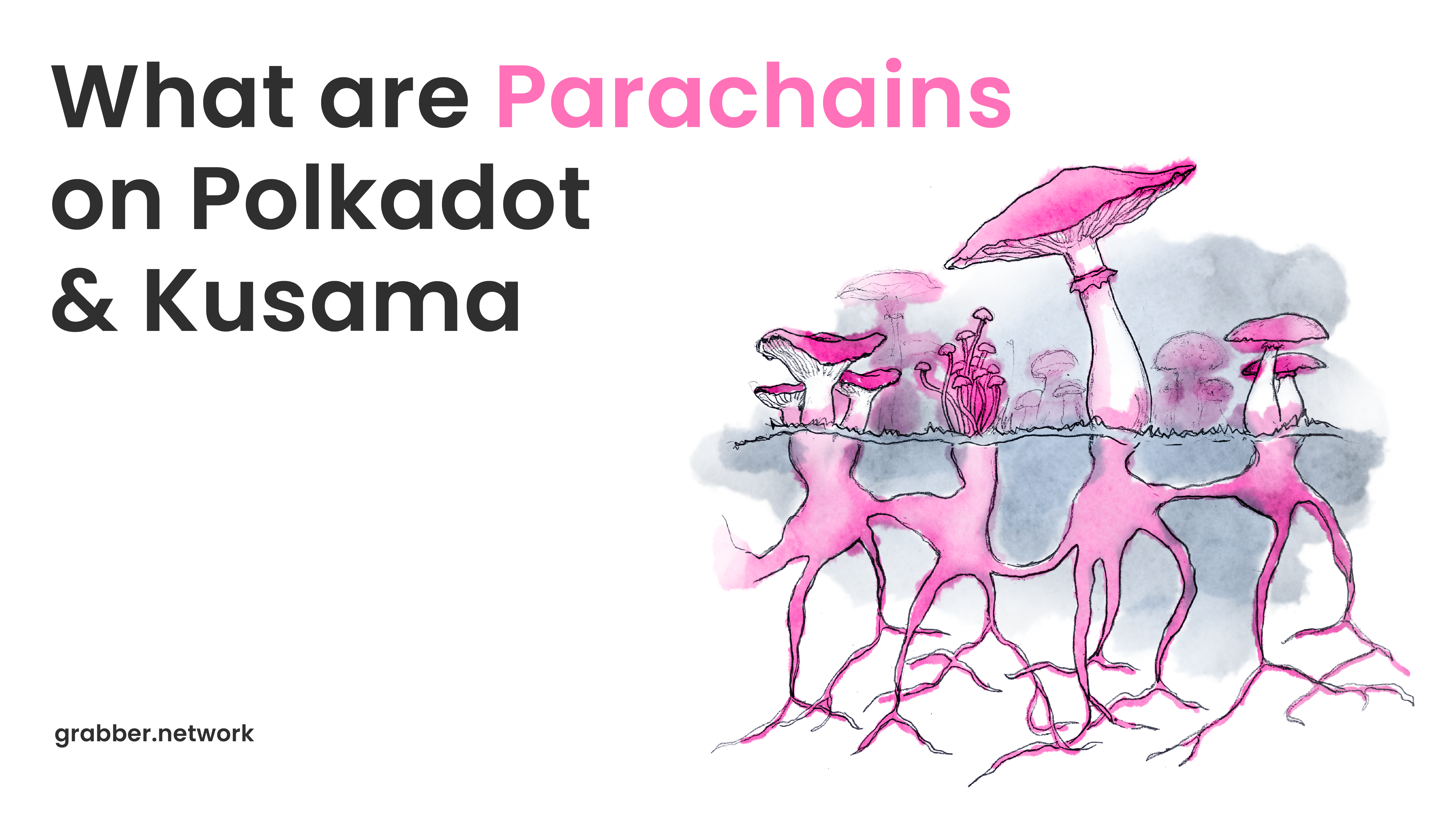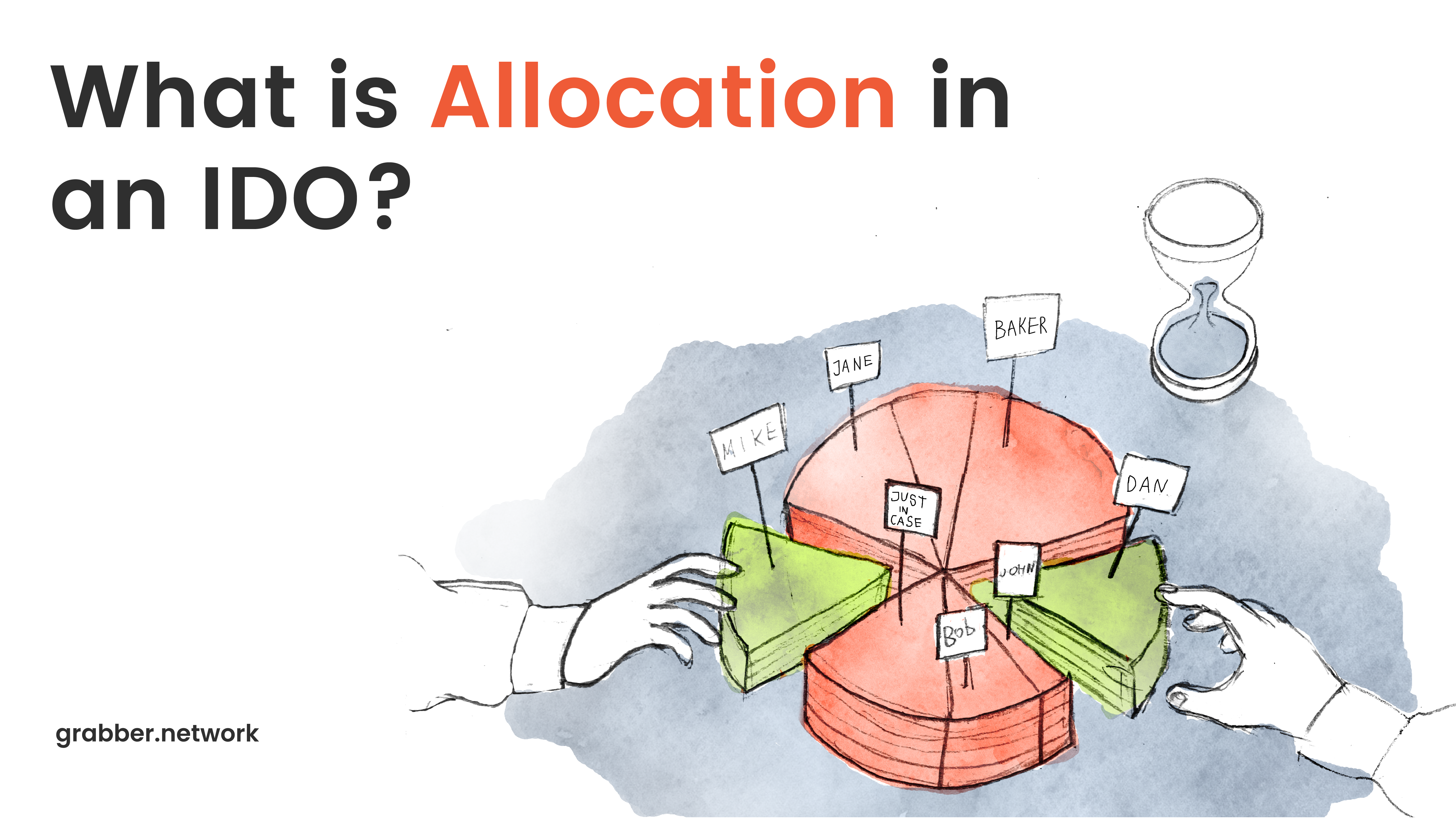What Is a Crypto Wallet? Which Wallet Should You Choose?

Important warning: cryptocurrency is not located in wallets, but on the blockchain. Wallets are simply a way to store keys that give access to it. Just like your credit card does not contain your money, but provides you access to your bank account.
However, storing keys securely so that only you can access them is very important. And this is how it is achieved in the world of crypto.
How a Crypto Wallet Works
All cryptocurrency wallets have two important parts: public and private keys. Each of these is a hash function, a 64-byte sequence of letters and numbers. The public key can be seen by anyone that is using the blockchain. This is your address that you give people when you want them to send you coins.

But only those who have the private key can access the money located at that address. Only with the private key can you spend the digital currency located on your wallet.
Since the private key is very important, and losing it means losing access to all your money, a seed phrase is used to further protect this key. This is a few dozen random words, an input array, which, if hashed, is what gives you the private key. If you know these words, you can always recover the private key. Some wallets don’t even allow you to use a private key directly, relying purely on the seed phrase. Its safe storage is a top priority.
What Crypto Wallets Exist and Which One Is Better to Choose?
All crypto wallets fall into two broad categories: “hot” and “cold”.
Hot wallets are constantly connected to the network, and the keys for them were also created online. These are websites and programs that allow you to create your account on the blockchain. They are very popular because they are convenient to use if you need to make regular and frequent transactions.
Cold wallets are usually not connected to the network, moreover: the keys were also created without an Internet connection. Such wallets can be stored separately from the main device — say, on a flash drive, on paper or on a hard drive lying in a closet. Cold wallets can be physically touched.
Both options have their pros and cons, and both contain several varieties of wallets within them. So let’s figure out what is right for you.
Hardware Crypto Wallets

Cold crypto wallet that can be located on HDD or SSD, but more often than not, it’s just a USB stick that you plug into your PC to connect to the chain. You could also buy several special devices that are additionally protected — say, they contain a fingerprint scanner on their case.
Of course, getting up and connecting such a wallet to your main device is slightly inconvenient. But such wallets have a huge advantage: they cannot be reached via the Internet, and so they can’t be hacked. Hardware wallets are by far the most secure.
Pros of a hardware wallet:
- Hackers can’t get access to it, since it’s not connected to the Internet
- This is in general the safest type of wallet you can get.
Cons of a hardware wallet:
- The devices aren’t free, and sometimes specialized wallets can be quite expensive
- Your device can get lost
- It can be stolen, especially if you tell someone how you keep your crypto
- It can get damaged — for example, HDD, SSD, and even USB drives, after many years without being powered, can begin to lose data.
- If the device is damaged or lost, the money may not be returned. Your coins will remain forever on the blockchain, without you having access to them.
Who needs a hardware wallet
This is your best choice if you have a lot of crypto and don’t want to trust anyone with it. All major bitcoin billionaires use hardware wallets. They hide them in a safe place and take many extra precautions. And they use such a wallet a maximum of once or twice per week.
But if you have a small amount of crypto, the loss of which will not drastically affect your life, the most convenient way is to keep your money in a software wallet or on a crypto exchange. Even crypto billionaires usually have two or three of these wallets for more frequent transactions.
Top hardware wallets
- SafePal
- Ledger
- Keevo
- KeepKey
- Trezor
Software Crypto Wallets

One of the types of hot wallets. This is just a program installed on a device (laptop, PC, smartphone). Sometimes even a web app or a Chrome extension.
Pros of a software wallet:
- Familiar interface, similar to Internet banking. In addition, they are usually more up-to-date because software wallets have more users.
- More convenient than a hardware wallet: no need to find and connect anything, just do a couple of clicks and the program is on
- Very easy to check balance or make a transaction, perfect for everyday use.
Cons of a software wallet:
- If your device with the wallet installed is stolen, you will lose access to the account
- Therefore, you need to take precautions in advance — for example, save your wallet on the cloud or archive it with a password. This makes access to money a bit less convenient.
- While you are on the Internet, hackers can quietly, using a Trojan or backdoor, gain access to the wallet and withdraw all the money from it. Therefore, a hardware wallet is always safer.
When to get a software wallet
Such a wallet is suitable for small amounts of crypto, the loss of which will not ruin your life. Better yet, a software wallet is suitable for temporarily storing money that you want to spend soon (for example, if you are paying a freelancer for work or investing in a new digital currency).
Popular software wallets
- Coinbase Wallet
- Electrum
- Exodus
- Bitcoin Wallet
- Jaxx
Paper Wallets

Paper wallet is a simple piece of paper where you write down your seed phrase or print out a QR code with your secret key. This piece of paper can be put in a safe or any other place which you think is absolutely secure.
Pros of a paper wallet:
- Like the hardware wallet, it is disconnected from the internet J and therefore completely invulnerable to hackers
- Unlike technology, paper, especially if laminated, can live almost forever. We can look at papyri from Ancient Egypt. Even after ten or fifty years, you can be sure about the condition of such a “purse”. In this small way, paper wallets are better than hardwire wallets.
Cons of a paper wallet:
- It is not very convenient to enter the seed phrase manually each time. Therefore, a QR code is often used, which can be quickly read from paper.
- Paper may be damaged — for example, torn or burned
- Paper in a safe can get stolen.
Also, to generate such a wallet, you need to use a special web service that generates public and private keys in the form of a QR code. The most popular basic paper wallet generator is Bitaddress.org.
To further protect themselves, people sometimes tear their paper into several parts, so that the complete code can only be obtained by connecting them all together. This is quite clever, but the downside is that the loss of any of the pieces can lead to the loss of access to the crypto account.
Custodial Services

These are third-party businesses that store your private keys, giving you access to them with a username and password. Usually they do not charge any money for these services, but instead offer various financial instruments from which they can earn commissions. These are, for example, such cryptocurrency exchanges as Coinbase or Binance.
Pros of a custodial service:
- The most convenient way to quickly exchange or buy cryptocurrency
- You can not only store, but also earn crypto — through loans, staking, liquidity farming, trading or participating in new crypto launches on these platforms
- There is no delay in transferring funds from your wallet, which allows you to invest faster and trade more efficiently
- Convenient transfer of funds between blockchains or wallets — immediately in the desired cryptocurrency.
Cons of a custodial service:
- Such services are a tasty morsel for hackers, and these hacks do happen, albeit much less frequently now.
- The service itself can run away with your money — as once happened with the most popular cryptocurrency exchange Mt. Gox
- You have to go through an identification process, and thus, you have to forget about anonymity, which kind of goes against the idea of cryptocurrencies
- Some services, like Coinbase Trust, require large sums from the user, up to half a million dollars.
When to use a custodial service
In general, all cryptocurrency exchanges can be considered custodial services. Your crypto resides within them, and they “lend” you access to your money. Custodial services are very convenient to use. For example, exchanges allow you to send money both to the wallets of other users inside the service, and to any wallets in any supported blockchains outside of it. As a result, you can easily switch to the desired cryptocurrency on the exact chain you want.
If you trust a particular service, this can be a good option for storing small amounts of crypto. In many ways trusted exchanges and custodials are better than software wallets.
Popular custodial solutions
- Blockchain.com
- Gemini
- Coinbase
- Binance
What’s the Difference Between the Coinbase App and Coinbase Wallet?

Coinbase.com is a cryptocurrency exchange, that is, a custodian service. Whereas Coinbase Wallet is a cold crypto wallet. Even though they are made by the same company, they are fundamentally different crypto projects.
With Coinbase, your money is essentially stored in an online bank, to which you have access with a username and password. With Coinbase Wallet, you keep a physical wallet with your hands, on a flash drive or on your own computer, and control the funds yourself. This does not mean that it is inherently safer: after all, in real life, wallet theft is more common than bank robberies. Still, to store large amounts of crypto, users generally prefer hardware wallets.
By the way, you don’t need to have a Coinbase account to use Coinbase Wallet. These 2 services are completely separate.
Polkapad is the first heterogeneous multi-chain launchpad, supporting launches of projects on Polkadot, Kusama and many other blockchain platforms. Join us if you want to participate in launches of the hottest IDO projects and buy their tokens for cheap, or if you want to release your crypto product to a wider community.
Receive updates from our blog
You may be interested
Learn basics in our free Wiki section!




